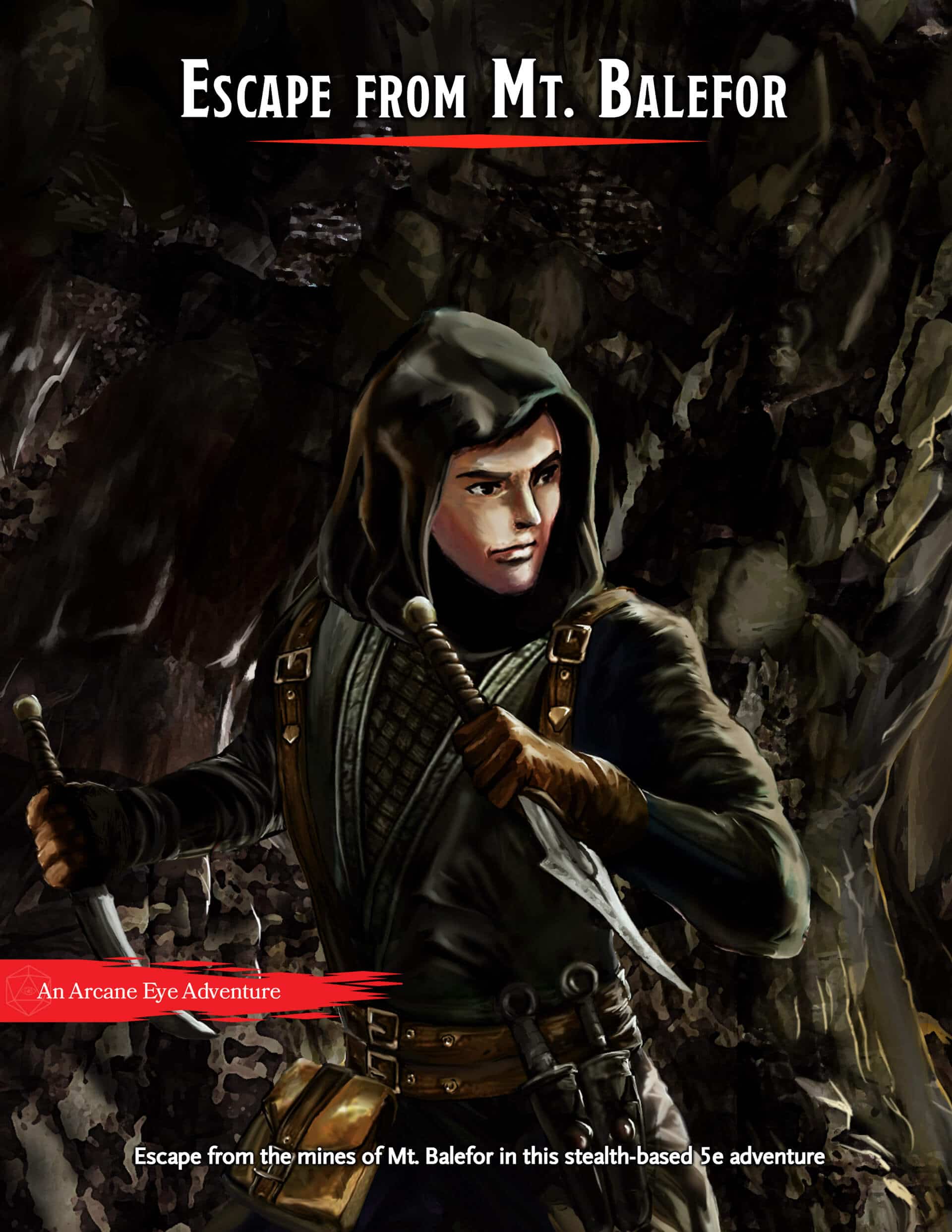Ritual Caster 5e
Published on August 25, 2023, Last modified on September 28th, 2023
Unlock the power of ritual casting in D&D 5e with our comprehensive Ritual Caster feat guide!

Jason Felix - Wizards of the Coast - Silverflame Ritual
What Is Ritual Caster 5e?
Ever wanted to cast spells without expending a spell slot? Ritual Caster is the feat for you! This feat allows you to learn a number of spells from a specific class’s spell list and cast them as rituals. Whether you’re a rogue looking to add some magical utility or a wizard wanting to expand your repertoire, Ritual Caster opens up a world of possibilities. So, grab your spellbook, it’s time to get ritualistic!
How Does Ritual Caster Work?
This feat allows you to choose from the bard, cleric, druid, sorcerer, warlock, or wizard classes and gain a ritual book containing two 1st-level ritual spells from that class’s spell list. You can also add more spells to your ritual book as you find them.
One thing to keep in mind, this feat is only available to characters with a minimum of 13 Intelligence or Wisdom, so you’ll have to devote some resources to pick this up.
Here’s a quick overview of your choices. If you’re unfamiliar with our color rating scheme, see the Which 5e Classes Make the Most of Ritual Caster? section below.
- Alarm: This spell is relatively useful whenever you’re resting.
- Ceremony: Interesting spell that allows for a number of one-time buffs. These buffs have very specific circumstances like the target being a young adult or a someone looking to be dedicated to your god’s service.
- Comprehend Languages: Been able to read and understand any language will have its uses at some point. Is it worth it to keep the spell stocked for your whole campaign? Probably not.
- Detect Magic: Every party should roll with at least one character who has access to detect magic.
- Detect Poison and Disease: Being able to detect poison or disease within 30ft of yourself is definitely a situational effect. Only stock when you think you’ll need it.
- Find Familiar: Familiars can do everything except actually attack. They can provide help actions in combat, steal things, scout for your party, and even be used to deliver touch spells on your behalf.
- Floating Disk: Being able to carry 500lbs is typically out of the question for most player characters not being buffed by enlarge/reduce or something similar. Getting this ability for an hour at the cost of a 1st-level provides a lot of utility, especially if you need to carry treasure out of a dragon’s horde.
- Identify: You can spend a short rest in physical contact with a magical item to identify it. In addition, most cursed items are not revealed to be cursed when this spell is cast. The main purpose this spell serves is to identify something quickly, which is rather situational.
- Illusory Script: Much more of a DM, story-based spell than a player-focused one. Pick it up if you need to write a secret message that you can’t relay telepathically using message or sending.
- Purify Food and Drink: If you’re DM likes to poison you via food or drink a lot, this could be a good pickup? Otherwise, save it for when you go to a political banquet in enemy territory.
- Speak with Animals: Situationally useful to learn more about a place or to get something done.
- Unseen Servant: Not really much more effective than a mage hand at the end of the day.
As you adventure, you can learn new ritual spells through finding spell scrolls or a wizard’s spellbook. But, keep in mind that the spell has to be on the spell list of the class you chose (another good reason to take the wizard spell list) and the spell’s level can’t be higher than half your level, rounded up).
The process of copying the spell into your ritual book takes 2 hours per level of the spell, and costs 50 gp per level. The cost represents the material components you expend as you experiment with the spell to master it, as well as the fine inks you need to record it.
Is Ritual Caster Good?
We gave Ritual Caster a C Tier rating In our 5e Feats Tier List, making it a below-average feat in D&D 5e.
Ritual Caster is a decent feat, but is usually outshone by Magic Initiate. Usually, the best combination of ritual spells to take would be detect magic and find familiar from the wizard spell list, as these are both powerful 1st-level spells to be able to cast whenever you want (as long as you have 10 minutes).
This feat really begins to shine if you start to find ritual spells throughout the campaign. Keep in mind, this may need discussion with your DM to ask if they could include spell scrolls or spell books as loot.
Now, this feat does have a fairly high trade-off. Having to pump your Intelligence or Wisdom when you are not usually using those for other class abilities will use a fair amount of resources to get up to 13 + taking a feat.
It’s worth keeping in mind that this feat can also be useful for spellcasters that already have the Ritual Casting ability, but that want to pick up a couple of 1st level spells from another class’s spell list. Unfortunately, most of the time, these casters are usually better off picking up Magic Initiate instead.
Ritual Caster 5e Interactions
Magic Initiate vs Ritual Caster
While both of these feats allow you to gain access to the incredibly powerful find familiar spell, which one is better? The answer to this question is, it depends.
Cards on the table, Magic Initiate is just a plain better feat, which is why we gave it an A-Tier rating, while Ritual Caster got a C-Tier rating. In most cases, Magic Initiate will provide a lot more value, as it gives access to eldritch blast, hex, vicious mockery, dissonant whispers, hunter’s mark, or find familiar. Ritual Caster’s list of spells is much worse, but it does have some situations that make it a more reasonable choice than Magic Initiate.
You’ll want to take Ritual Caster over Magic Initiate if:
- Your class doesn’t have the ability to cast spells and therefore can’t pick up Magic Initiate
- You want the ability to expand your spell list by finding spell scrolls and books as loot (campaign/DM dependent)
- You’re already stacked into Intelligence or Wisdom
Casting the Spells Your Learned With the Ritual Caster Feat
Casting the spells you picked up with this feat can be complicated. One important thing to note is, if you have the necessary spell slots to cast the spells you picked up with this feat, you don’t have to cast them as rituals.
Another important thing to note is the spellcasting ability modifier for the spells you pick up are based off the spell list you chose from. This means it would be Charisma for bard, sorcerer, or warlock, Wisdom for cleric or druid, or Intelligence for wizard. This won’t come into play very often, as these spells don’t require attack rolls or saving throws to use, but it’s worth keeping in mind.
